Laws on CBD and THC in Slovenia
min. reading
The appearance of hemp regulation in Slovenia is a perfect example of how strong public approval of hemp consumption is not enough to force the government to liberalize regulations. The legal situation of the CBD industry is currently quite complicated, causing many players to operate in the so-called gray zone. The approach to the recreational use of cannabis is more liberal, especially compared to other European countries. What cannabis products can be legally carried and purchased in Slovenia? More on this topic later in the article.
Table of Contents
Hemp cultivation in Slovenia
Slovenia is among the former Yugoslavian countries that were the world’s third largest hemp producers in the post-war period. Slovenia has as long a history of hemp cultivation as its European neighbors. Before World War II, hemp was grown here on 160 hectares of farmland. Over time, this acreage dwindled until the 1970s, when cultivation of the crop virtually ceased and hemp farming was promoted. The revitalization of industrial hemp resumed in 2000, at which time hemp was used exclusively for seed production, and hemp fiber was used only as insulation for buildings.
However, regulations that followed Slovenia’s entry into the European Union have somewhat complicated the situation for farmers and hemp producers. From now on, only cultivation of less than 0.1 hectares did not require a permit. If a farmer wants to grow hemp on a field larger than 1,000 square meters, he must register and obtain a special license from the Ministry of Agriculture. In addition to the government license, one still has to meet a condition related to growing the right variety. These must be from a government-approved list of species with low psychoactive THC potential. The maximum limit of tetrahydrocannabinol in cannabis plants can be 0.2%. Otherwise, such cultivation is illegal – even if the farmer has obtained a license for it. Currently, the area of hemp cultivation is at 300 hectares per year.
Is it allowed to sell CBD products in Slovenia?
After Slovenia joined the EU in 2004, the attitude towards not only the cultivation of hemp, but also its processing and sale changed. The cultivation of hemp for food and industrial purposes is regulated by the Drug Production and Trade Act. It permits the production of seeds and the production of food based on them, i.e. seed oil, flour, protein, etc. However, the processing of raw materials such as hemp inflorescences and CBD products is at a standstill. This is due to the introduction of EU regulations on cannabidiol-rich products, which define them as new foods. By law, they must be registered and expensive licenses must be obtained to sell them. Because of this, a large gray area of companies offering CBD without registration has emerged in Slovenia.
On domestic grounds, the matter became further complicated when state institutions began conducting massive inspections of such companies in 2019. At that time, many small growers and processors were banned from production. Later, some resumed production and are now in the underground economy. Some circumvent the regulations by producing products from imported raw materials that have already been registered. Others simply offer CBD products that theoretically meet all government requirements. The main issue is that cannabidiol-rich products should not contain more than 0.2% THC. The legal situation in the hemp products market is quite complicated, nevertheless, we can easily buy oils, capsules, cosmetics or food products containing cannabidiol in Slovenia. When buying them, it is worth bearing in mind, their licenses and the maximum legal THC limit of 0.2%
What is the permissible THC content of products in Slovenia?
Based on EU guidelines, Slovenia adopted regulations for the production and processing of industrial hemp in 2004. Accordingly, it is legal to grow hemp for seed as long as the plants contain less than 0.2% THC. As with hemp cultivation, the law stipulated that CBD or hemp oil could not contain more than 0.2% THC. Most hemp companies in Slovenia, which operate in the gray market, must also comply with this regulation. Otherwise their products would be illegal and their sale a crime. This applies to food products made from hemp seeds containing cannabidiol, CBD oils and other extracts, as well as cosmetics or medicines like ointments and suppositories.
Can you carry cannabis in Slovenia?
At the outset, it should be noted that THC-rich cannabis is not legal in Slovenia. Instead, they are very popular. In this country, there is a high degree of social consent for open, often even public consumption of marijuana. According to the Slovenia Drug Report 2018, cannabis is one of the most popular stimulants used by young Slovenians. More than 10% of young Slovenians use cannabis regularly. Despite the confusing legal situation of industrial hemp and the CBD market, the country has fairly progressive laws when it comes to cannabis.
In 2014, the Slovenian government approved a new harm reduction plan for drug consumption, which stipulated that possession of cannabis for personal use is no longer a crime. According to Article 33 of the Narcotics Production and Circulation Act, it constitutes a misdemeanor. The decision to decriminalize cannabis was dictated by the minor social and health harms of consuming it. Slovenians themselves decided on this change in a nationwide referendum. That same year, the government changed the classification of cannabinoids, moving them from Class I drugs (the most dangerous) to Class II. Thus authorizing the use of cannabis for medical use. At the moment, it is possible to carry small amounts of cannabis on one’s person for personal use, although the law does not define exactly how much that is. In the event of a police check, possessing a small amount of cannabis for personal use is not a violation of the law.
Note that recreational marijuana is further illegal in Slovenia. Since possession of small amounts of marijuana for personal use is not considered a crime – instead of a prison sentence, people caught in possession must pay a fine. Its amount varies from 42 to 209 euros. The exact amount depends on the quantity. Although possession of cannabis is not a crime, growing and selling the plant is. Those caught producing and trafficking cannabis, or facilitating the consumption of others, face between 1 and 15 years in prison. Offering drugs to minors carries a penalty of six months to eight years in prison
Is medical marijuana available in Slovenia?
After the Slovenian government changed the qualification of cannabis in 2014, it allowed patients to be treated with cannabis-based medicines. The medical marijuana treatment program does not function as in other countries, as medical marijuana has not been legalized. Only selected cannabis-based medicines have been made available to patients. This means that Slovenian patients cannot be treated using pure medical cannabis raw material or extracts derived from it, but only medical products, often containing isolates, sometimes synthetic, that mimic cannabis ingredients.
Currently, patients can take cannabinoid-based drugs such as Sativex and Marinol. To purchase them, a prescription must be obtained from a doctor. No special licenses are required for doctors, but few are knowledgeable about such treatment, making them reluctant to write prescriptions. In addition, the availability of cannabis-based drugs in Slovenian pharmacies is very limited. Many patients travel to Austria to purchase hemp-based drugs there.

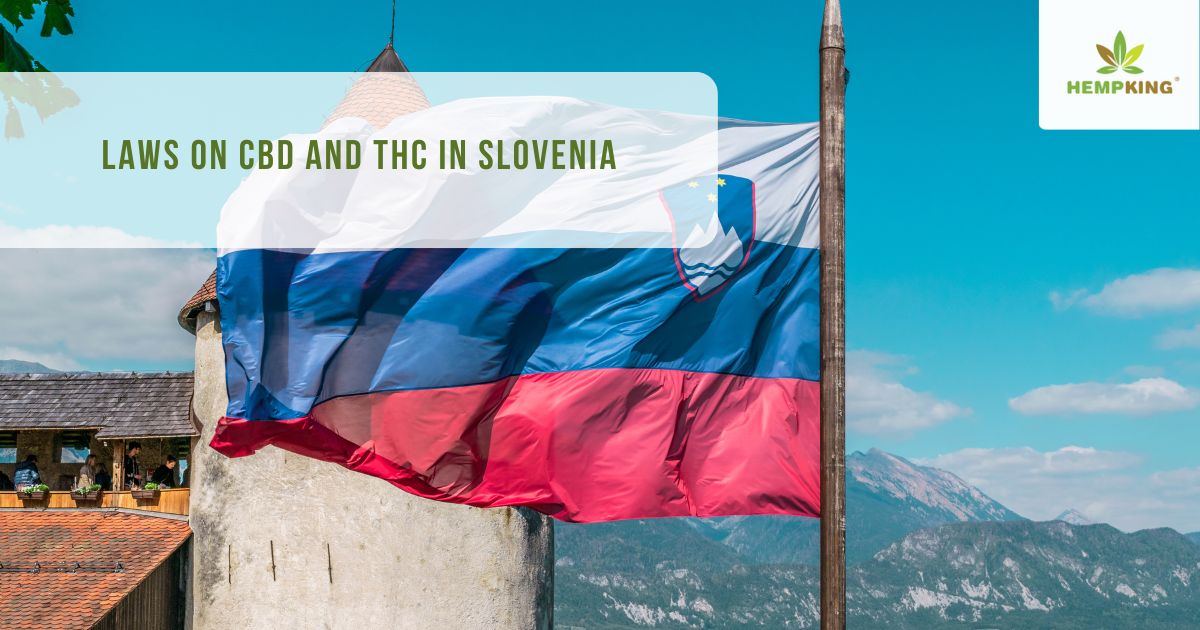

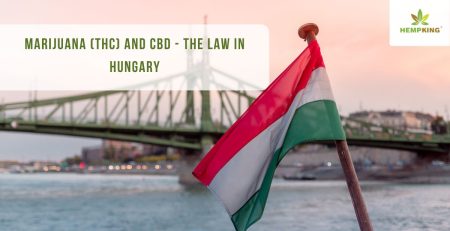
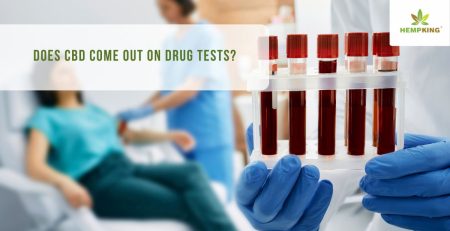
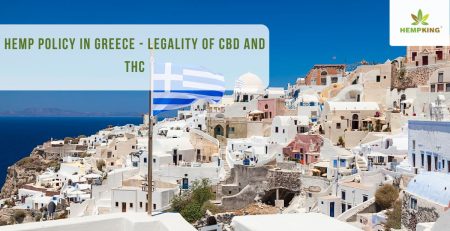
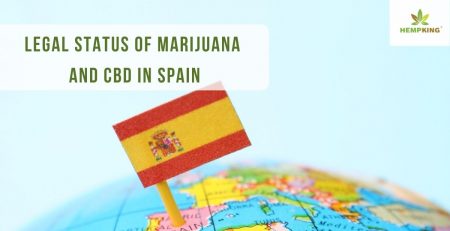
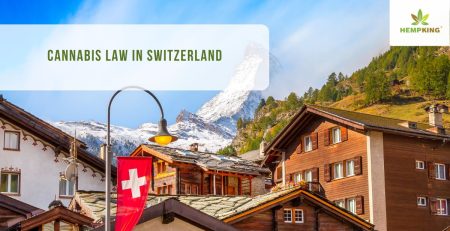
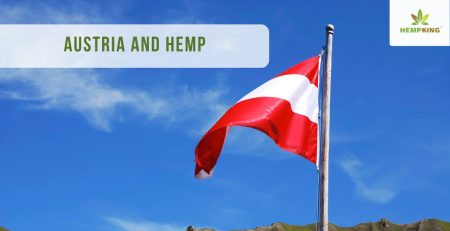
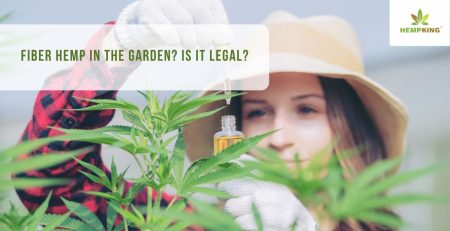
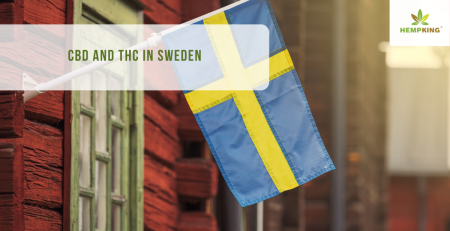
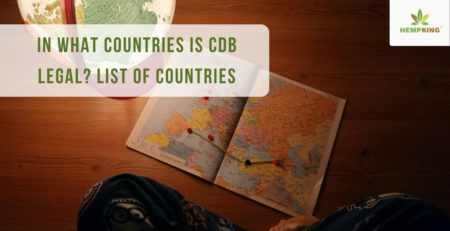
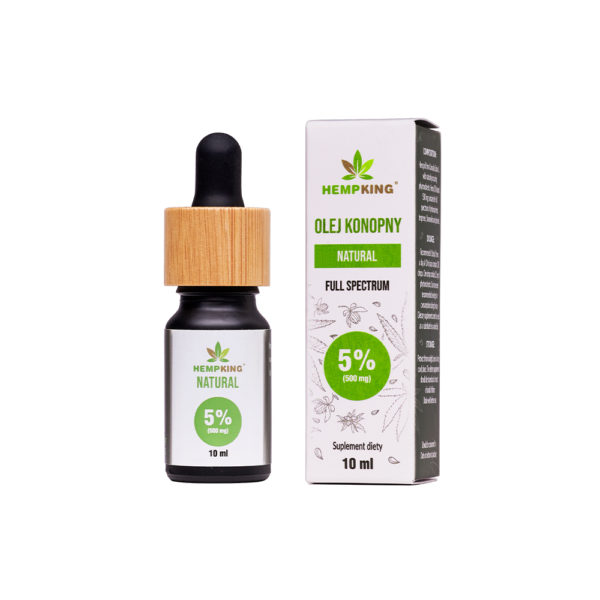
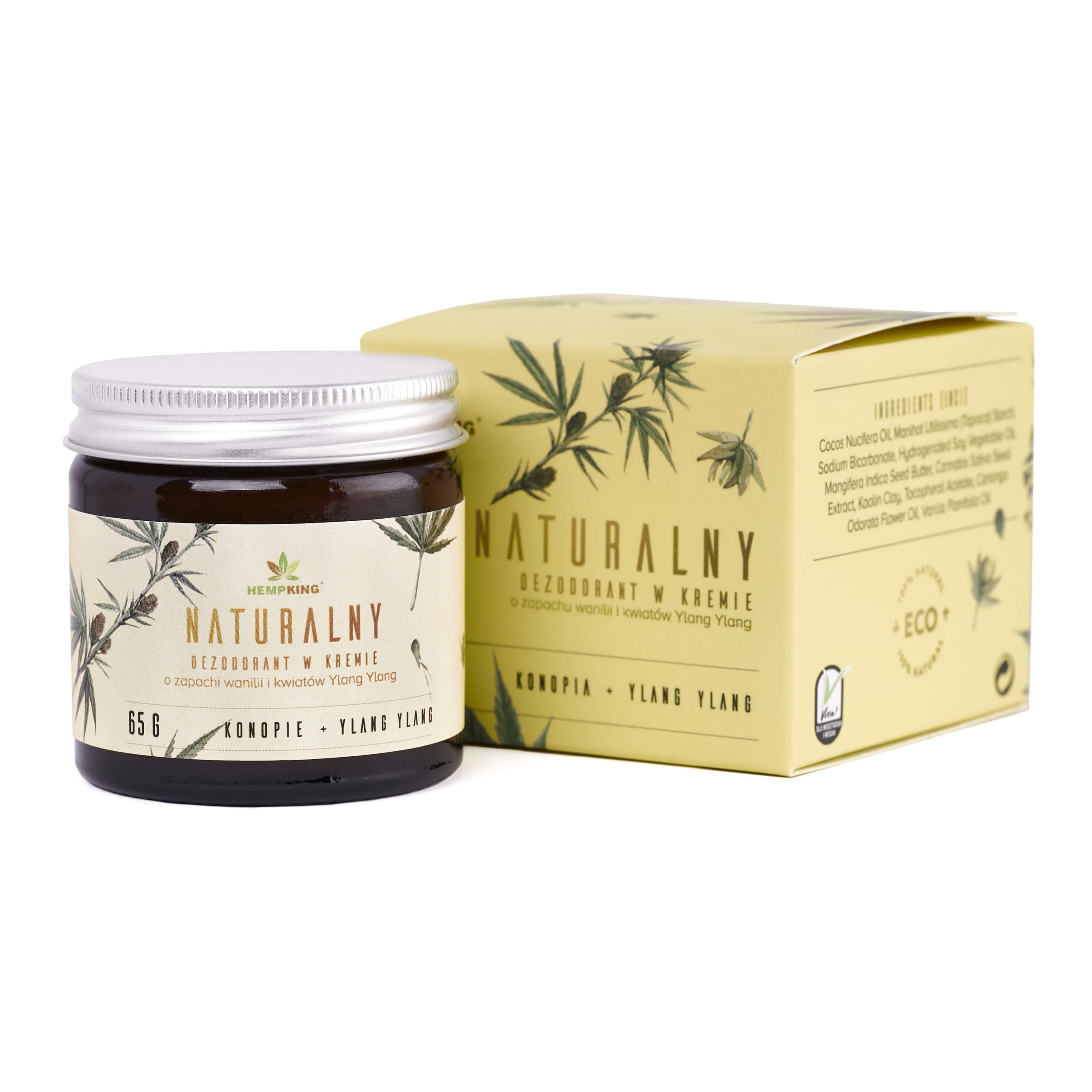
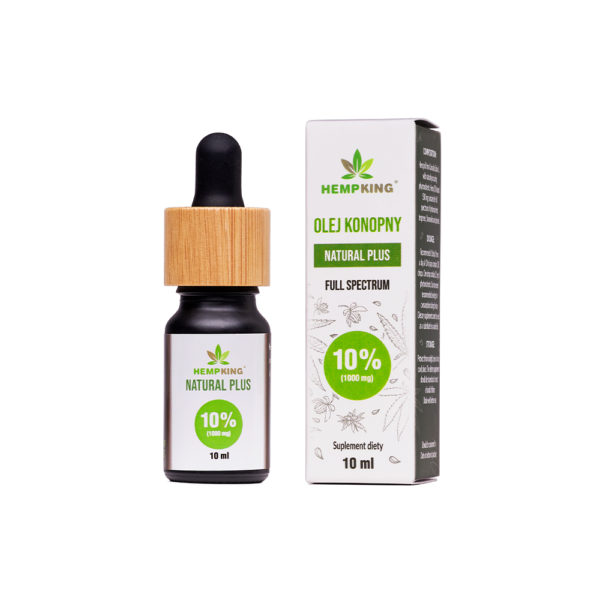
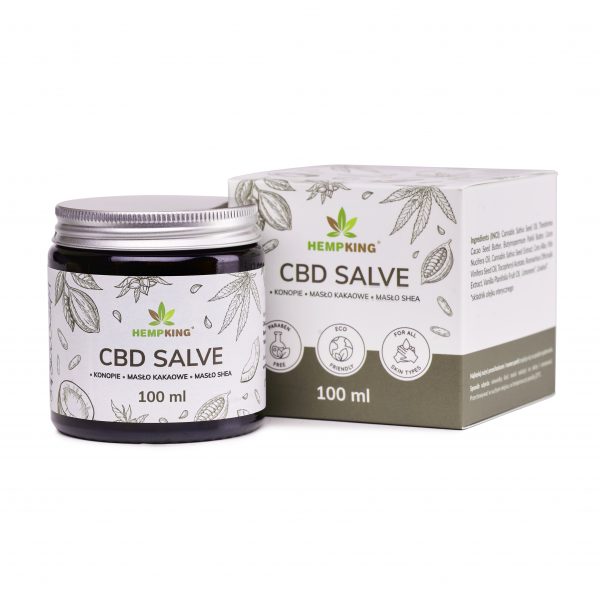
 Facebook
Facebook Instagram
Instagram

Leave a Reply